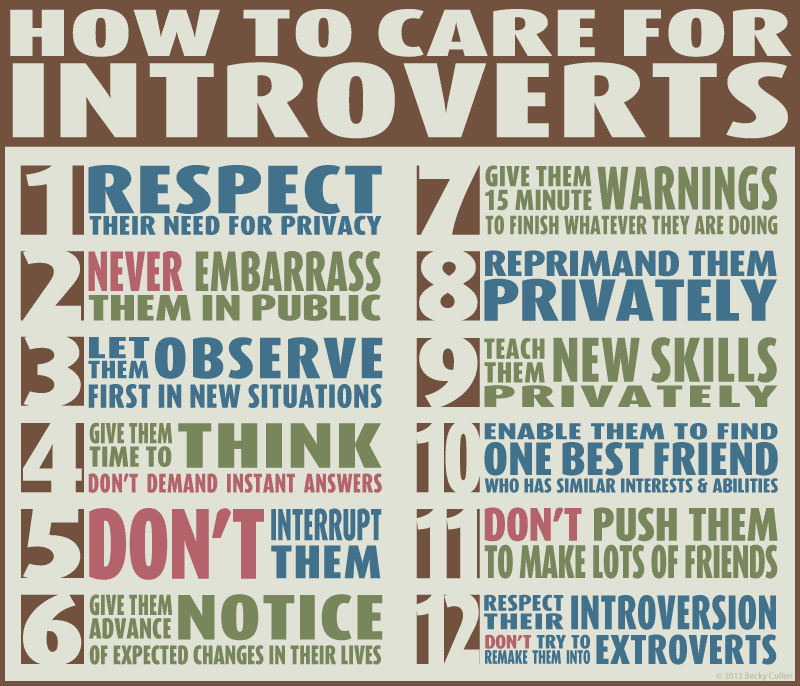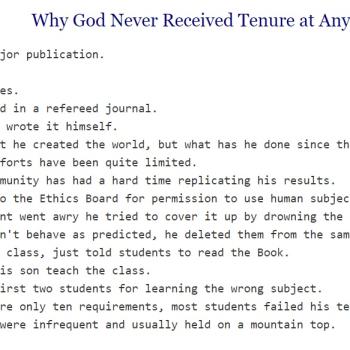So you’ve acquired a scholar in your household. Perhaps you’ve been wanting one for a while and came across one at a local charity store (likely among the second-hand books). Perhaps you married or gave birth to someone not really knowing their characteristics. Either way, I hope that these suggestions for maintaining the emotional, psychological, and spiritual wellbeing of this individual with whom you share some sort of space will be useful.
I never really managed to articulate my own experience until a friend shared something that he had read in a book be a writer, which of course scholars are. We write our thoughts more than anything else. The book in question compared putting oneself in the mindset for writing as like getting ready to go up a ladder an paint. You (mentally, because this is a metaphor) gather your brushes and cans of paint in your hands and begin to ascend the ladder. If someone knocks you off, or simply asks you to come back down to do something else however briefly, you might try gathering your tools (metaphorically, more literally your thoughts and frame of mind) again. But after too many attempts to gather one’s things and go up the ladder, you’re discouraged and ready to call it quits, feeling you have no choice but to postpone the work you thought was important until some other time.
There is more to understanding an academic even than this. You may not realize that your scholar is thinking about their book or article, the class they have to teach, or something else they are working on already when you happen upon them in the kitchen in the morning. They can hardly wait to have the focused time to work on that project, and they don’t need you to do something special to help them–they just need you not to completely disrupt the mental work they are already engaged in. You may think that “writing” is something they will do after you’ve left for work. In fact, they are already doing it. They are like the person in the famous story about a painter who was sitting looking at a landscape on a hillside and whom a passerby remarked to that it was good to see them resting. No, they said, they were working. Later on the same individual’s return they remarked, on seeing them painting the scene, that they were working only to be told that no, now they were resting. Writing is less about what is frantically happening as fingers fly across a keyboard, and more about what happens before that that makes it possible.
I do not honestly know how much of this is about being a writer or other creative type, how much is about being an introvert, and how much is mostly or entirely unique to scholars and academics and the kind of writing that we do. What I do know is that there are likely to be countless spouses and family members of scholars who think that the day before presenting at a conference or the week before classes start is as good a time as any to discuss some matter that really can wait until a day or even a week or two later. If you aren’t sure whether your scholar is envisaging the class they’ll teach, the article or book chapter they’ll write, or the paper they’ll give when you happen across them sitting in the kitchen, ask. Don’t assume that because they don’t have a book or a pen in their hand that they are “resting.” You’ll not only make your own life with them more pleasant and peaceful, but you’ll convey to them that you at least respect, and perhaps understand and appreciate, the mental work that they do as well as the written output that eventually follows from but depends on it.
As part of the group or category I am talking about here, on behalf of whomever this applies to in your own life if you are reading this, I thank you. In their introverted focus on that book that might genuinely change the world, they might not realize that you’re finally respecting their mental space and allowing them to focus. They’re conscious of being more productive and experiencing fewer disruptions and setbacks, but they have no idea why. They’re relieved. Let them work for now. From your perspective, we may just be sitting on the couch not doing anything, and it might seem like a perfect time to talk about something that seems urgent to you. Inside our heads, however, we might be working on something that is urgent or merely important for us. Whether we’re sitting at the table lost in thought, tuning out the news, or otherwise seem like we’re just distracted or uninterested or merely “not doing anything,” we might in fact be hard at work. I may or may not be hard to believe that more broadly we may be working on solving mysteries that are hundreds and maybe thousands of years old. At least some of the time, however, that is what we do, and thinking is how we go about it. We may have a deadline for something to be written and be rather just before that. But throughout the process, even early on, there is work that will be going on inside our heads. We cannot control whether something relevant might occur to us while washing the dishes. From our perspective that might be a perfect activity during which to ponder some aspect of what we’re working on. You, on the other hand, may be able to determine whether or not, in addition to getting the dishes done, we are also getting our own important work done inside our heads.
We might not actually succeed in solving the puzzles or answering the questions. But we’re trying to. And if you appreciate the effort, we appreciate your appreciation and respect more than you likely know. As for perhaps having had an epiphany about the odd individual with whom you share living space, by all means tell them that you understand them better. But there’s no hurry to do so. If you’re an extrovert, if you read this and it was helpful you want to talk about it immediately. By all means do so–with other introverts. When the book or article is submitted, when the classes are well underway for the semester, by all means tell the scholar or other introvert in your household that you read a blog post that helped you understand their perspective. For now, just let them focus. And thank you for caring so respectfully for the scholar in your midst!
More generally about introverts (which most scholars are):














